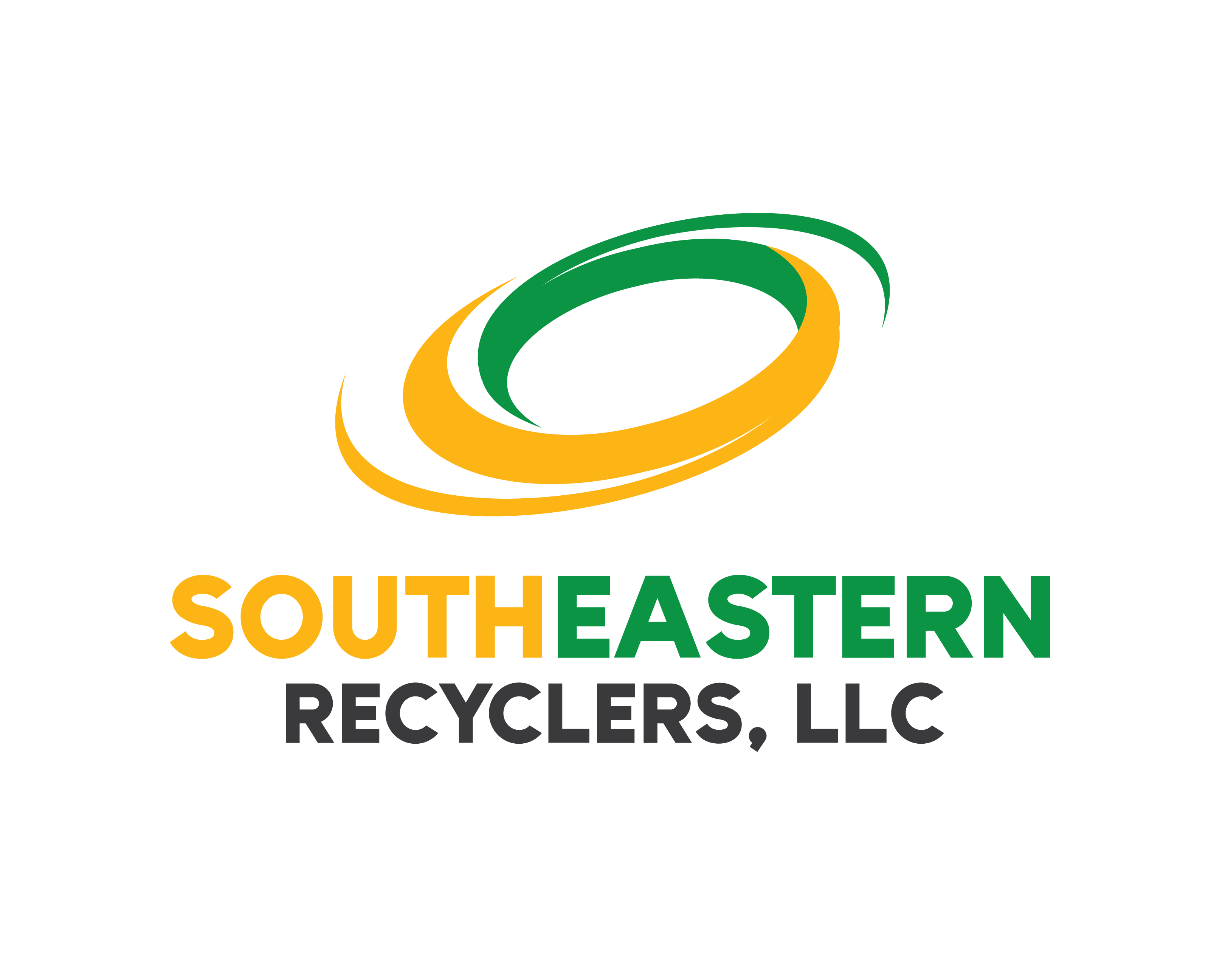Scrap Metal Recycling Terms
Master the Basics: Your Essential Guide to Scrap
Metal Recycling Terms
Understanding Scrap Metal Recycling
Are you looking to learn more about metal recycling? Here’s your go-to guide for understanding metal recycling! Knowing the lingo can make the process smoother and more rewarding, whether you’re a long-time recycler or just getting started. Let’s break down some key terms in a friendly and simple way.
Basic Metal Recycling Terms
Ferrous Metals
These are metals that contain iron. They’re typically magnetic and are found in things like cars, appliances, and construction materials. The most common ferrous metals are iron and steel. Think of “ferrous” like a “Ferris” wheel – strong and made of steel.
Non-ferrous
Non-ferrous metals do not contain iron, which means they’re not magnetic. These include copper, aluminum, brass, and zinc. Non-ferrous metals are often used in wiring, plumbing, and decorative items. Remember, “non-ferrous” is like the non-magnetic superhero of metals.
Scrap Metal
This term refers to any metal that is ready to be recycled. It can be anything from old soda cans and kitchen foil to car parts and industrial waste. Think of scrap metal as treasure waiting to be discovered and given a new life.
Metal Recycling Center
A facility where scrap metal is collected, sorted, and processed for recycling. This is where the magic happens, transforming old metal into new products. Imagine it as a big kitchen where old metal recipes are cooked into something new and exciting.
Scrap Value
The monetary value of scrap metal is determined by its type and weight. Different metals have different values. Non-ferrous metals are generally worth more compared to ferrous metals. Both metals have value but their worth can differ.
Sorting
The process of separating metals by type and quality before recycling. This step is crucial for ensuring that each metal is recycled in the most efficient way possible. Think of sorting like organizing your clothes: shirts with shirts, pants with pants, making everything easier to find and use.
Shredding
A method used to break down large pieces of metal into smaller, more manageable pieces. This makes it easier to melt the metal down for recycling. Imagine shredding as chopping vegetables – smaller pieces cook down faster.
Baling
The process of compressing scrap metal into compact blocks. This makes it easier to handle, transport, and recycle large amounts of material. Think of baling like packing for a vacation – the better you pack, the more you can fit.
Melting
The stage where scrap metal is heated until it turns into a liquid. This molten metal is then used to make new products. Consider melting like melting chocolate – it changes form, but it’s still chocolate.
Purification
A process that removes impurities from molten metal, ensuring the final product is of high quality. Think of purification like filtering water – removing the bits you don’t need to keep it clean.
Why These Terms Matter
Understanding these terms not only makes you more knowledgeable about metal recycling but also helps you see the value and importance of each step in giving old metals a new purpose. By participating in metal recycling, you’re contributing to a healthier planet and a sustainable future.
Remember, every piece of metal recycled is a step towards conserving our natural resources, reducing waste, and combating climate change. So, next time you come across a piece of scrap metal, you’ll know exactly what treasure you’re holding and how it can be transformed.
Related Services
Get the Most for Your Metal
Are you looking to get the most money from recycling your scrap metal? Navigating the world of scrap metal can be lucrative, but…
Bulk Metal Recycling
Construction and renovation projects can leave behind a lot of waste. We offer construction scrap recycling services,…
Recycle With Us
We’ve made recycling with us simple and easy. Here’s everything you need to know to turn your scrap metal into cash.
